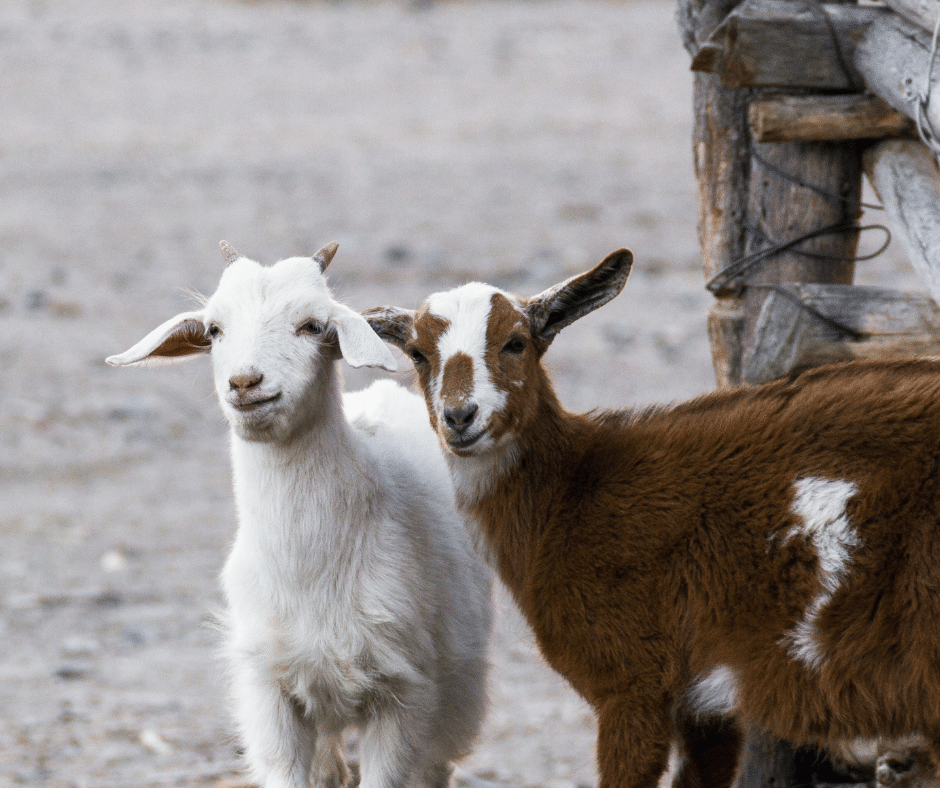There is a lot of talk these days about off grid living. More and more people are becoming interested in this way of life, and for good reason – it can be incredibly rewarding! But one question that often comes up is whether or not off grid living is good for the environment.
In particular, people are wondering if it’s better for animals. The answer to this question is a bit complicated, but we will do our best to explore it in this blog post.

There are a few different ways to live off grid. For some people, it simply means living in a rural area with no access to public utilities. This can be done by homesteading, living on a farm, or even just owning a large piece of land.
Other people take things a step further and completely disconnect from the grid, generating their own power and water. This is often done with solar panels and rainwater catchment systems.
Off grid living certainly has its benefits for the environment. For one, it reduces your reliance on fossil fuels. If you generate your own power with solar panels, for example, you are not contributing to the demand for coal, oil, and natural gas.
You are also not using as many resources as someone who lives in a traditional home. For example, if you collect rainwater to use for drinking and gardening, you are not using treated water from the city.

In addition, off grid living often requires people to be more self-sufficient. This means that they are growing their own food, raising their own animals, and living a more simple lifestyle.
All of these things have a positive impact on the environment. However, there are also some downsides to off grid living, particularly when it comes to animals.
One of the biggest problems is that people who live off grid often have a lot of land. This means that they are often able to keep animals that they wouldn’t be able to otherwise.
For example, someone who lives on a homestead might have goats, chickens, and pigs. While these animals can provide a lot of benefit, they also require a lot of resources. They need food and water, and they produce a lot of waste.

If not managed properly, this can have a negative impact on the environment. In addition, animals that are raised for food often have a lower quality of life than those in the wild.
They are confined to small spaces and typically have a shortened lifespan. While some people argue that off grid living is better for animals, the truth is that it really depends on how it’s done.
If you are planning to live off grid, be sure to do your research and make sure you are taking steps to minimize your impact on the environment. And if you do choose to keep animals, be sure to treat them well!
